Featured
- Reset filters
- 20 results
- (-) Afghanistan
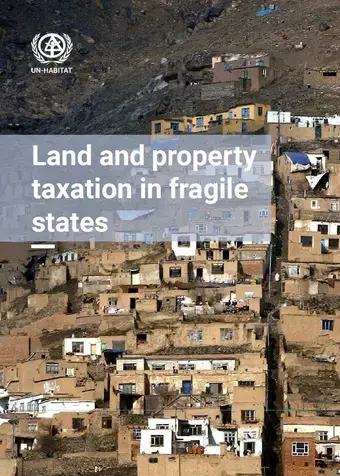
Technical Report
Land and property taxation in fragile states
2023
Fragile states typically cannot serve their citizens adequately, and often have weak or authoritarian governments. But local governments and municipalities must still provide services to their residents, and they need revenue to do so. One way to raise revenue is by raising their own revenue through taxes on land and property. This book examines the experiences of UN-Habitat and its partners in setting up or strengthening land-taxation systems in four fragile states: Somalia, Afghanistan,…
Read now
Learn more
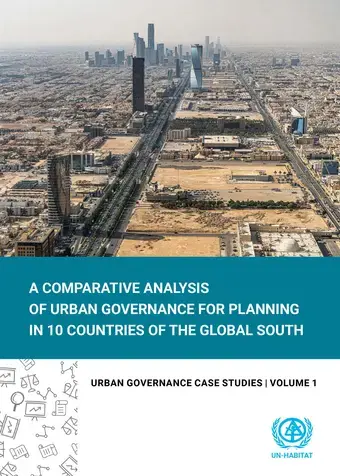
Technical Report
A COMPARATIVE ANALYSIS OF URBAN GOVERNANCE FOR PLANNING IN 10 COUNTRIES OF THE GLOBAL SOUTH: URBAN GOVERNANCE CASE STUDIES, VOLUME 1
2023
UN-Habitat supports cities and countries all over the world to strengthen governance by improving the coordination and transparency of institutional frameworks; empowering representatives of urban stakeholders and constituencies through inclusive sound institutions and mechanisms; and providing predictability and coherence in urban development plans to enable social inclusion, sustained, inclusive and sustainable economic growth, and environmental protection. The rationale being that the…
Read now
Learn more
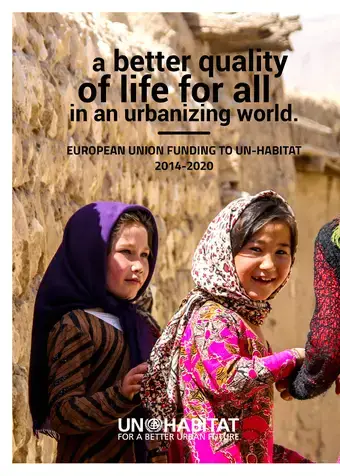
Activities Report
European Union Funding to UN-Habitat 2014-2020
2022
This report provides an overview of the cooperation between the European Union and UN-Habitat over from 2014-2020 which corresponds to the EU’s last Multiannual Financial Framework. It provides key data on funding received by UN-Habitat for programmes around the world and gives impact stories from a selection of programmes. It also outlines next steps for cooperation.
Read now
Learn more
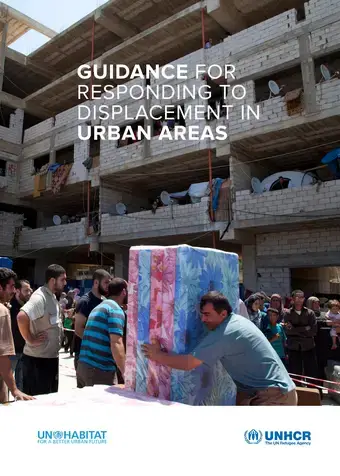
Toolkits, Manuals and Guides
Guidance for Responding to Displacement in Urban Areas
2022
UN-Habitat and UNHCR have been working together to advance their shared mandate to improve assistance for UNHCR’s persons of concern (PoC), and to maximize synergies along the humanitarian-development continuum. This guidance identifies key considerations to build upon organizational mandates to protect vulnerable populations through inclusive and sustainable urban planning.
Read now
Learn more
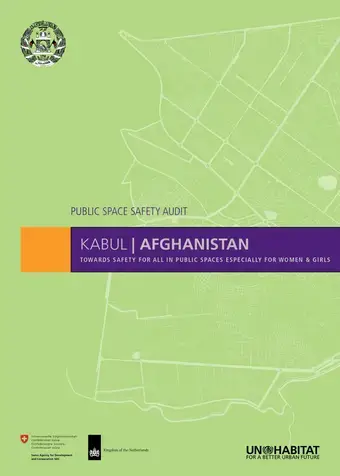
Technical Report
Towards Safety for All in Public Spaces especially for Women & Girls. Kabul, Afghanistan: A public space and safety audit
2020
In 2019, as part of Afghanistan Urban Safety and Security Programme (AUSSP) the first Public Space Safety Audit was undertaken in the country to enable better consideration of safety and security issues through more evidence-based policy planning and implementations. The Audit was done to understand gaps in distribution, quality, safety, accessibility, inclusivity of public spaces, to celebrate and support ongoing initiatives and programmes of the National Government and UN-Habitat.
Read now
Learn more
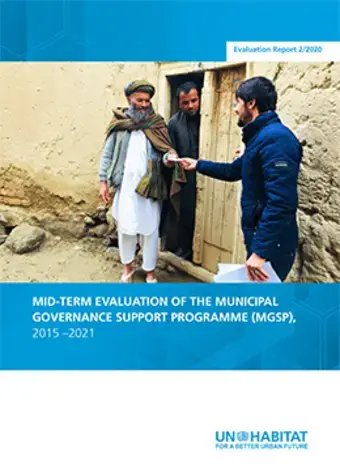
Evaluation
Mid-Term Evaluation of the Municipal Governance Support Programme (MGSP) 2015-2021 (2/2020)
2020
This midterm evaluation assessed UN-Habitat Afghanistan’s Municipal Governance Support Programme (MGSP). The programme’s overall objective is to “improve stability and stimulate local economic development in target municipalities through enhancing municipal governance, increasing local revenues, improving tenure security and strengthening the social contract between citizens and the state.”
Read now
Learn more
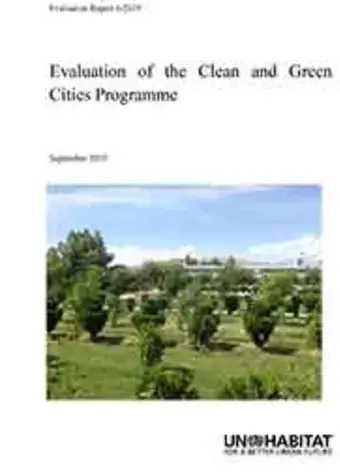
Evaluation
Evaluation of the Clean and Green Cities Programme (6/2019)
2019
The main objective of the CGC was to improve state-society relations, urban stabilisation and job creation, where urban citizens see municipalities delivering basic neighbourhood services, thus leading to increased hope and government legitimacy.
Read now
Learn more
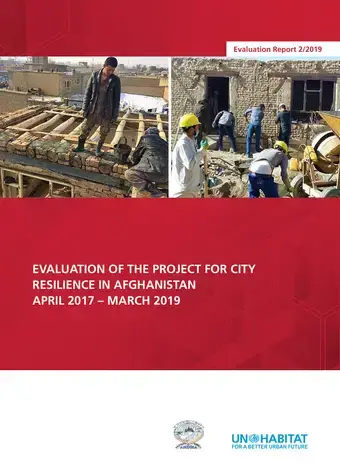
Evaluation
Evaluation of the Project for City Resilience in Afghanistan April 2017 - March 2019 (2/2019)
2019
This project was funded by the Government of Japan with a budget of USD 3,296,800. The evaluation was conducted at the request of UN-Habitat and is part of UN-Habitat’s effort to perform systematic and timely evaluations of its projects and to ensure that UN-Habitat evaluations provide a full representation of its mandate and activities.
Read now
Learn more
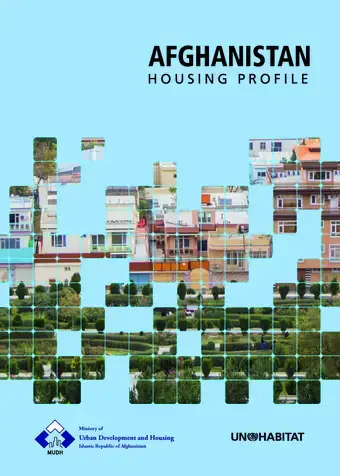
Urban Profile
Afghanistan Housing Profile
2017
"Afghanistan's future is urban. The population of Afghan cities is expected to double within the next 15 years and by 2060, one in every two Afghans will be living in cities. This transition represents already and will continue to represent, an enormous challenge but also an opportunity for the Government, the private sector, Afghanistan's international development partners, and, most importantly, households themselves, to deliver adequate housing for all Afghans. Meeting the…
Read now
Learn more
Document
HSP/EB.2024/4- Report of the midterm review of the strategic plan of UN-Habitat for the period 2020–2025
发表于 四月 17th, 2024
Read now